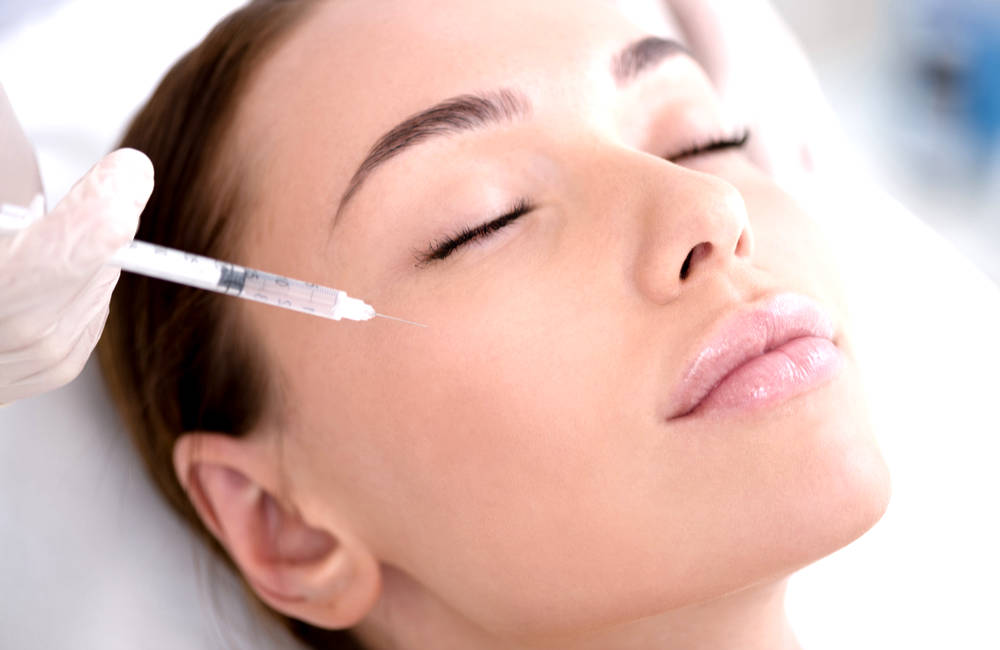
England’s top doctors said practitioners offering cosmetic procedures should have training to help them protect vulnerable clients. Prof Stephen Powis believes providers should be officially registered and trained to spot people with mental-health issues or struggling with body image.

100 out of 1,000 practitioners are currently registered, a charity said that procedures such as botox can have a damaging effect on mental health for young people. Prof Powis would like professionals who provide cosmetic procedures to join the new Joint Council for Cosmetic Practitioners. It is said that too many providers are “operating as a law unto themselves”.
Prof Powis said: “We know that appearance is the one of the things that matters most to young people, and the bombardment of idealised images and availability of quick-fix procedures is helping fuel a mental-health and anxiety epidemic.”
He added that the NHS could be left to pick up the pieces.
By registering with the council, a new professional body, practitioners will agree to undergo online training on:
- recognising the signs and symptoms of vulnerability and mental ill health
- the psychology of appearance
- telling customers where to get help if they show signs of being vulnerable
Body dysmorphic disorders is a mental health condition which can cause people extreme distress over their appearance and make them feel like they need to have ‘quick-fix’ procedures such as Botox, fillers, skin peels, lasers and hair restoration surgery. Body dysmorphic disorder affects one in 50 people.
Kitty Wallace, from the Body Dysmorphic Disorder Foundation, said: “Cosmetic procedures like Botox are now widely available on the high street, are putting people at risk and can have a damaging effect on the mental health of young people.
The number of official complaints about non-surgical procedures has more than doubled to over 600 cases in the last three years.
Superdrug has now agreed to add mental health checks for customers who are seeking cosmetic procedures.